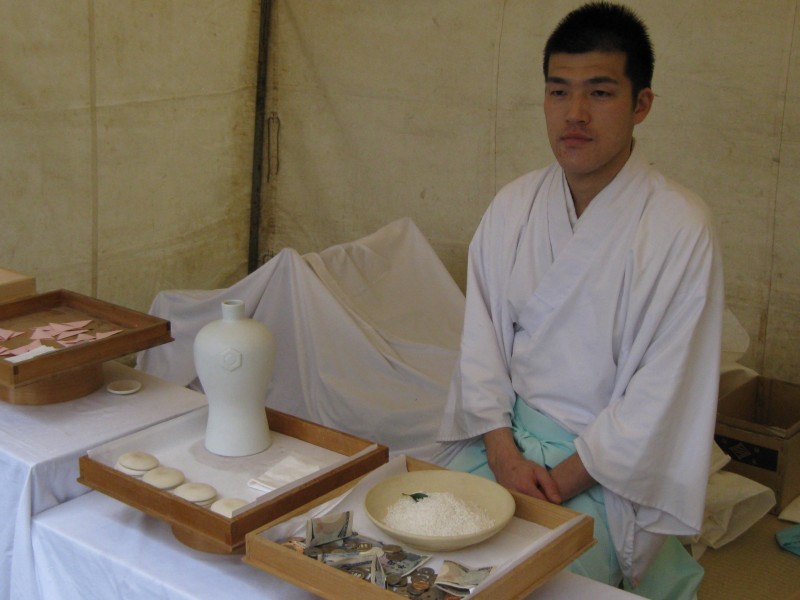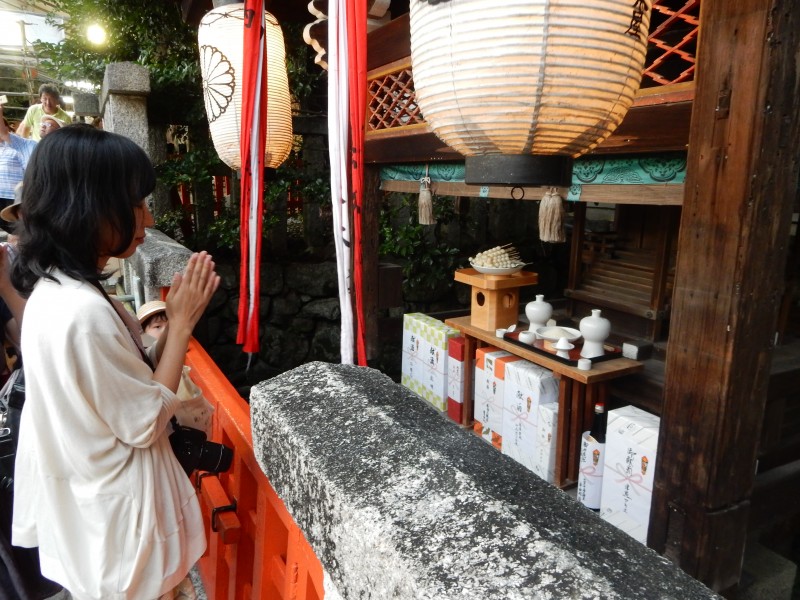
Gratitude for the gift of rice
Along with purity and sincerity, gratitude is a prime Shinto attribute. Indeed, some authorities claim it constitutes the very essence of the religion. Now science has shown that rather than simply being a duty, it could be seen as a spiritual exercise that has a beneficial effect on the practitioner. (The following article comes from Today Healthy Living.)
*******************
Be thankful: Science says gratitude is good for your health
More and more researchers are finding that gratitude doesn’t just make you feel like a better person, it’s actually good for your health.

Gratitude for the gifts of nature
“Clinical trials indicate that the practice of gratitude can have dramatic and lasting effects in a person’s life,” said Robert A. Emmons, professor of psychology at UC Davis. “It can lower blood pressure, improve immune function and facilitate more efficient sleep.”
One recent study from the University of California San Diego’s School of Medicine found that people who were more grateful actually had better heart health, specifically less inflammation and healthier heart rhythms.
“They showed a better well-being, a less depressed mood, less fatigue and they slept better,” said the study’s author, Paul J. Mills. “When I am more grateful, I feel more connected with myself and with my environment. That’s the opposite of what stress does.”
Another study found that gratitude can boost your immune system. Researchers at the universities of Utah and Kentucky observed that stressed-out law students who characterized themselves as optimistic actually had more disease-fighting cells in their bodies.
But Emmons said there’s even more evidence. People who keep a gratitude journal have a reduced dietary fat intake — as much as 25 percent lower. Stress hormones like cortisol are 23 percent lower in grateful people. And having a daily gratitude practice could actually reduce the effects of aging to the brain.
Being thankful has such a profound effect because of the feelings that go along with it, Emmons said.

Gratitude to the kami

Leave a Reply